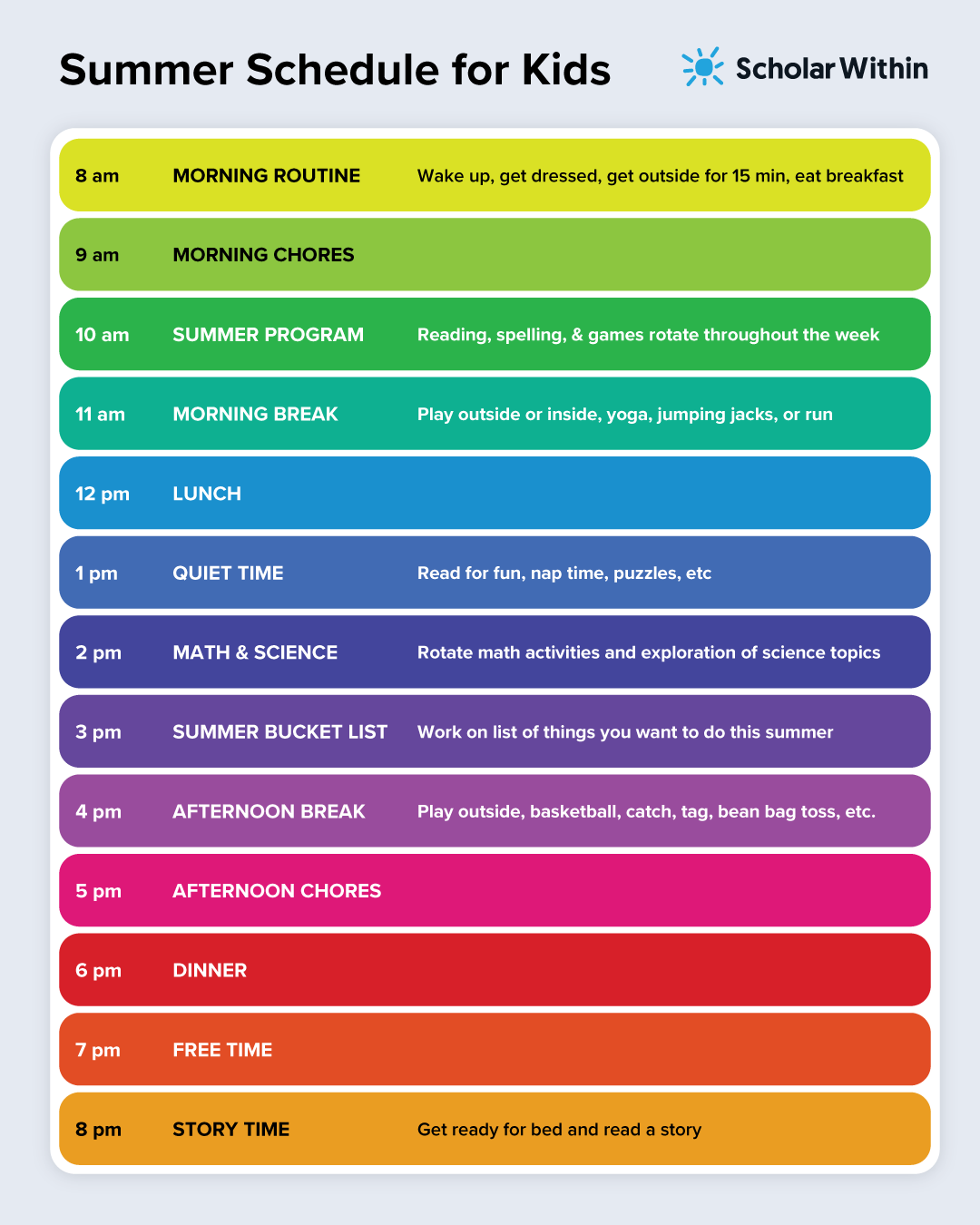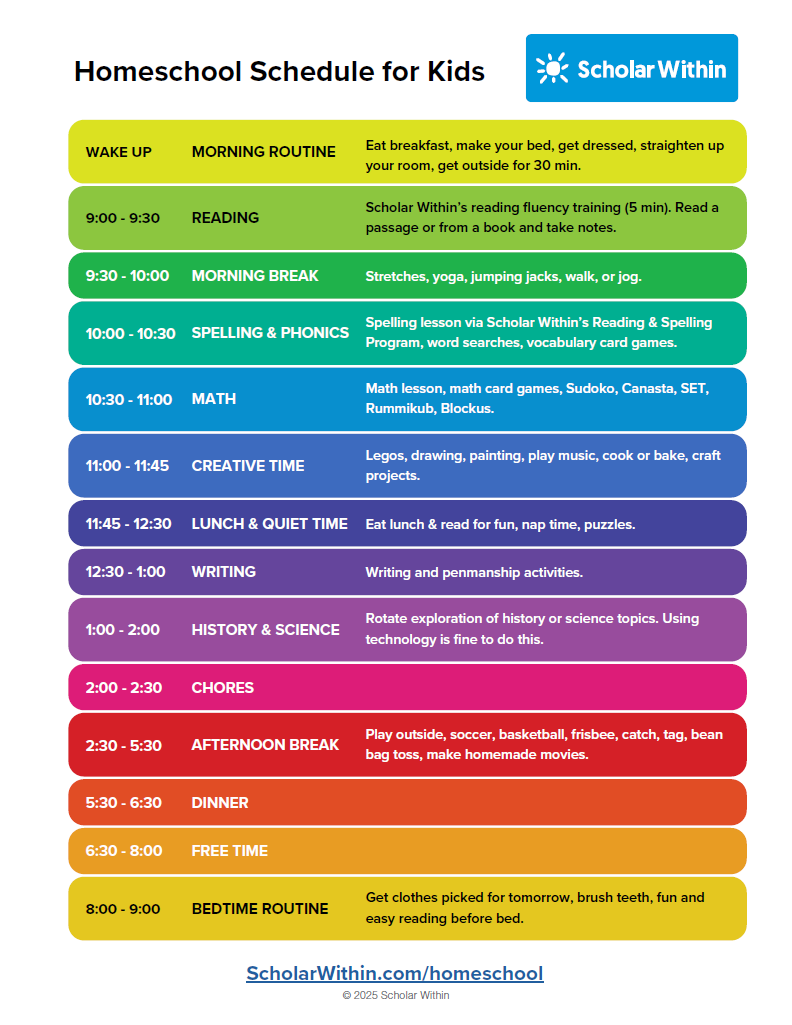What is Phonemic Awareness? Phonemic awareness is the ability to hear, identify, and manipulate individual sounds – phonemes – in spoken words. A phoneme is a unit of sound that distinguishes one word from another, for example, /b/, /k/, and /s/ in the words bat, cat, and sat. Phonemic awareness is critical to reading and…
The Learning Blog 👋
Auditory Processing Activities
Table of Contents Webinar Replay: Auditory Processing, Decoding, and the Secret to SpellingWatch Now Auditory Processing Overview Auditory processing is one of the three ways we learn. We learn by hearing (auditory processing), seeing (visual processing), and doing (tactile-kinesthetic processing). Good listening skills are needed to make learning easier. Just like how with taste you…
Valentine’s Day Activities for Kids
Holidays like Valentine’s Day are perfect for reinforcing learning skills with activities, crafts, and games for kids. It is one of our favorite days of the year. Valentine’s Day is a time of love and reflection on our family relationships and friends. We have 3 simple activities that you can do with your kids this…
10 Best Practices to Improve Reading Comprehension
When you use best practices for improving reading comprehension, it is easier to understand what you have read. Reading comprehension is the ability to understand, analyze, synthesize, and use what you have read. Continue reading to discover 10 best practices to improve reading comprehension.
4 Steps to Goal Setting for Kids
Table of Contents Overview: How Does Goal Setting Help Kids? Goal setting for kids is one of the best ways to increase motivation. Defining, setting, and prioritizing your goals is the first step to helping your child accomplish what they want to do. If they have not clearly defined a goal that they want to…
New Year’s Activities for Kids
Meaningful, Fun, and Learning-Rich Ideas for Families The New Year is a wonderful time to pause, reflect, and reconnect as a family. For children, New Year’s activities offer something especially valuable: a chance to look back, look ahead, and build language, memory, and thinking skills in a joyful, low-pressure way. At Scholar Within, we love…
Thanksgiving Family Activities for Kids
Thanksgiving activities are a perfect way to spend time with your kids, have mindful moments, design crafts, and create memories that will last a lifetime. Remember to take pictures and put them in a family album! We have five different Thanksgiving activities that are perfect to pick and choose what works for your family. Plus, download our free Thanksgiving memory matching game activity.
Halloween Learning Activities for Kids
Halloween and learning? Spooky thought… You know as well as I do that your kids are excited about Halloween and just want to enjoy the day, but what if they can enjoy the day and learn at the same time? That is a win-win situation in my book! So, what can your kids do to…
Best Practices for Teaching Phonics
What is phonics? Phonics is the ability to pair individual sounds with a visual symbol (letters). This method is frequently used to teach reading. Phonics teaches the sounds that letters or groups of letters make when spoken. Phonics is the process of matching sounds to letters. Reading experts refer to this as the alphabetic principle.…
Top 10 Back-to-School Supplies: The Ultimate List
What can you do to get your kids off to a great start for school success? Having the right back-to-school supplies can make the difference between feeling prepared for the school year and not. They can help boost your kids’ confidence as they enter the school year knowing that they have the supplies they need…













